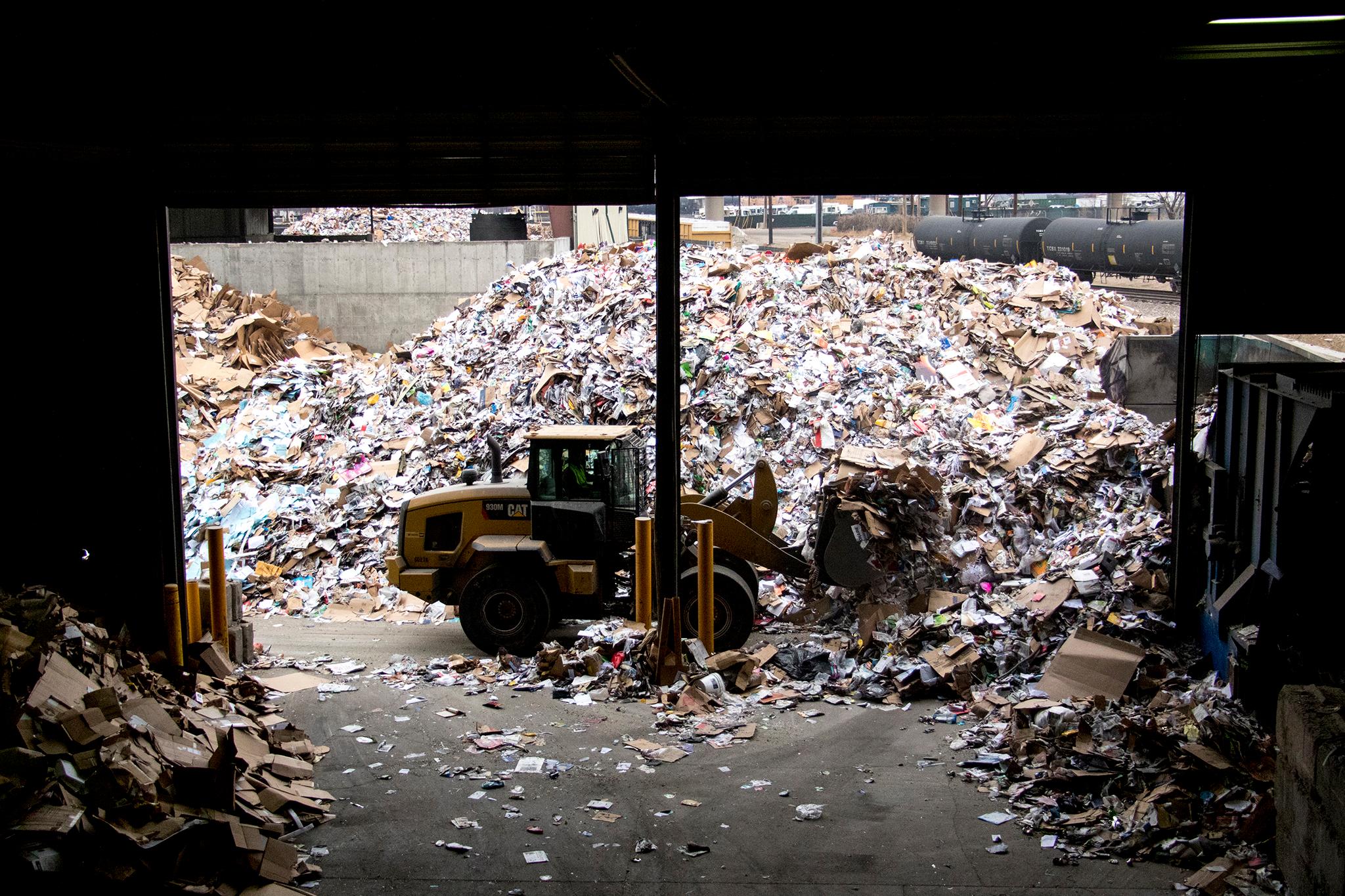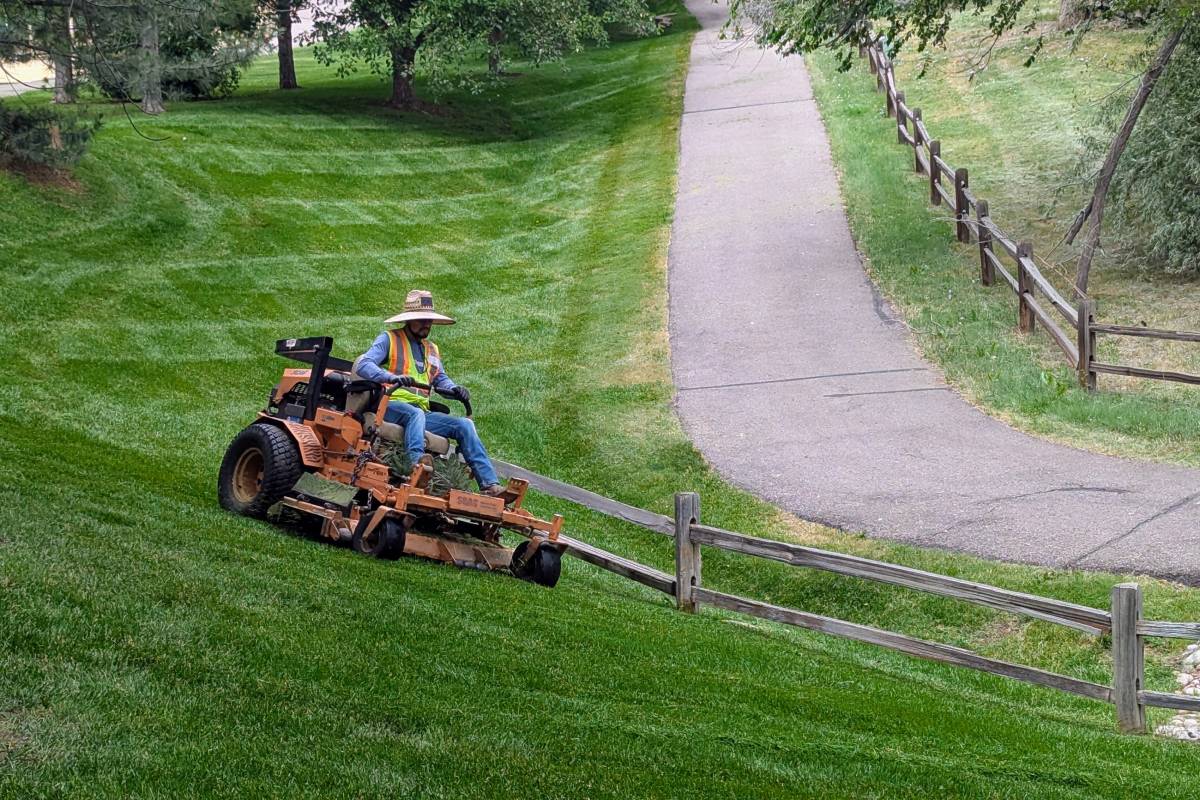
Colorado's recycling rate is stuck in the dumps, but advocates say 2022 could be the year it started to get its trash together.
An annual report from environmental advocacy groups Eco-Cycle and the Colorado Public Interest Research Group found the state kept 16 percent of its waste out of landfills in 2021 — a rate unchanged from last year’s report. That number is also half the national average and far short of the state's goal to divert 28 percent of its trash to recycling or compost facilities.
The state’s recycling rate has held relatively steady for years, fluctuating between 15 and 18 percent since the nonprofits released their first report in 2017.
"We have this green reputation as a state, but our recycling rate is pretty trashy and it's been that way for a long time," said CoPIRG director Danny Katz.
A new producer responsibility program could be a game-changer — years down the line.
But Katz thinks new state and local policies are now set to turn the tide.
The most significant is Colorado's new producer responsibility program, Katz said. Earlier this year, Gov. Polis signed a law that charges companies making paper, packaging and food utensils to fund a statewide recycling system.
The program aims to provide free recycling to all residents. Only 30 percent of Colorado households currently have guaranteed access to curbside recycling, according to the report’s authors.
Studies have found producer responsibility policies have helped increase recycling rates in Europe and Canada. In the U.S., Colorado, Maine, Oregon and California are now enacting similar programs, the report said.
It will be years before communities see any funding through the new program, though. Under the law, industry and policy leaders have until June 2023 to establish a nonprofit to collect fees and fund recycling programs. A current state implementation timeline suggests it won't be operational until 2026.
The report notes many communities aren't waiting for the state program to improve their local recycling rates. It highlights Loveland, Boulder, Fort Collins, Aspen and Durango as communities sending the lowest percentage of their waste to a landfill.
Other cities have ambitious plans to expand recycling and compost service.
Denver is set to overhaul its curbside waste program next year, charging households based on the size of their trash bin while providing free compost and recycling pickup.
Voters in Colorado's capital city also recently approved a ballot measure requiring apartments, restaurants and office buildings to offer recycling and composting services.
Arvada established a similar program last year. Its landfill diversion rate reached 24 percent last January, well above the state average.
Contamination is one challenge for communities pushing to expand their compost systems.
In September, A1 Organics, the state's largest organic waste processor, announced a policy to reject truckloads with unacceptable levels of glass, plastic or other non-organic waste. That led Boulder to stop requiring restaurants to provide compost bins to all customers.
To reduce contamination, the report calls for new labels on compostable products and standards for finished compost quality.
All efforts to improve recycling and composting rates could be essential to reaching Colorado's climate goals. According to the report, the state's low recycling rate has already prevented climate-warming emissions equal to removing more than 400,000 cars from the roads each year.








